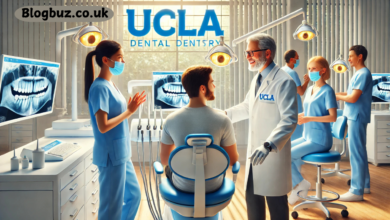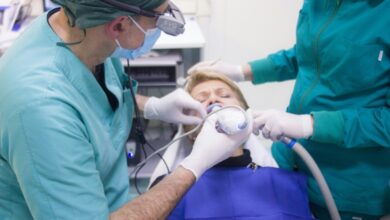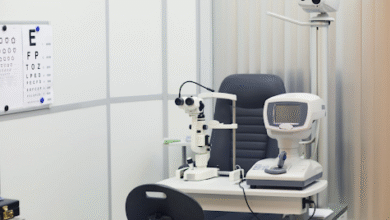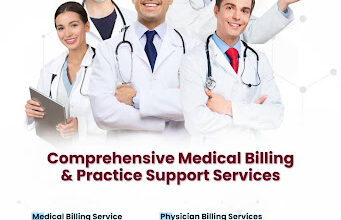Myths about High Blood Pressure: What You Think You Know Might Be Wrong

More people are struggling with lifestyle diseases now than in yesteryears, and this can be attributed to work-life balance and diet. High blood pressure, also known as hypertension, is one of the most common yet misunderstood health conditions today. Myths are rampant, and most of them do not hold any water as they cannot be scientifically or otherwise proven. Here are some common myths about high blood pressure that we will explore and debunk below.
Myth 1: High Blood Pressure Only Affects Older People
It is widely assumed that high blood pressure is a condition reserved for older people, but this is not the case today. This myth is peddled chiefly because in the early 2000s, it was seen more in patients of an advanced age and was linked to kidney dysfunction. However, this myth is baseless because younger people can also have high blood pressure. Numerous factors, including genetics, kidney diseases, obesity, lack of physical activity, poor sleep patterns, elevated stress levels, and a poor diet, can cause hypertension. The truth is that hypertension does not discriminate, and any person can get this condition regardless of their age. It is advisable to avoid the factors that could lead to hypertension and regularly check your blood pressure to be on the safe side.
Myth 2: You’ll Feel It If You Have High Blood Pressure
You may have heard that hypertension is called the silent killer, and this is because most people will not have any symptoms to show that they have the condition. In most cases, a person will lead an everyday life without any noticeable symptoms, so there is no way to feel that they have this disease. However, when you do start feeling the symptoms of hypertension, the disease will have reached a significant stage. In worst cases, doctors discover the disease when it is at an advanced stage, and you will need medication to manage the disease. That is why people are encouraged to get regular blood pressure tests so that if they are at risk, it can be detected early and the proper measures can be taken. Get tested for high blood pressure even when you feel fine.
Myth 3: If You’re Fit, You Can’t Have It
While an active lifestyle is one of the ways to minimize your risks of getting hypertension, some people may still be at risk. This is because while you may have a healthy lifestyle with working out, eating right, and getting enough sleep, other factors could elevate the risk. Your genetics may predispose you to high blood pressure, as it has been noted with some races and ethnicities. You may be a person who works out regularly but also has a high alcohol consumption, and this will expose you to high blood pressure. Fit people may also suffer from heart deficiencies like damaged arteries. These arteries may not be wide enough to support the volume of blood passing through them, leading to increased blood pressure. Hormonal imbalances, smoking, and some medications may also increase the risk of a fit individual getting high blood pressure.
Myth 4: Salt Is The Only Problem
Health practitioners advocate for your daily salt intake to be limited to not more than 5g in all your meals and drinks. Salt is a known trigger for hypertension because it causes sodium retention. This retention may thicken the walls of your arteries, making them ineffective in handling the right volume of blood, and this constriction will increase blood pressure. Salt also leads to water retention, which increases blood volume, making your heart work harder to pump blood. The more work your heart does, the higher the pressure exerted on it, and this may lead to hypertension. High sodium intake will lead to hypertension, but it is not the only culprit in causing this disease. Lack of adequate amounts of magnesium and potassium, elevated cortisol levels, dehydration, and low levels of human growth hormone (HGH) can all increase the risk of hypertension. Reducing intake of processed and heavily salted foods can reduce your risk of becoming hypertensive.
Low HGH, in particular, has been associated with poor cardiovascular function, decreased artery elasticity, and increased fat retention-all risk factors for hypertension. People with confirmed HGH deficiency may benefit from therapy under medical guidance. If you’re researching safe options, always look for medically approved sources when browsing hgh for sale, and work with a licensed provider.
Myth 5: Medication is the Only Solution
The reason hypertension is called a lifestyle disease is that your everyday choices cause it. The good news is that it can also be reversed or managed by adjusting your lifestyle choices. Medication should be taken as advised by your doctor, but the right lifestyle changes should accompany it. It would be futile to take your medication as advised and continue doing things that counter the effects of the medicines. Some of the lifestyle factors that will help manage hypertension include:
- Regular exercise
- Stress management, including meditation, deep breathing exercises, and therapy
- Limiting alcohol
- A diet rich in potassium, magnesium, and fiber
- Quality sleep
- Hormonal balance, including healthy levels of growth hormone
The myths that are rampant about hypertension are because people have not had time to research and know the truth about this disease. However, you are now more enlightened by reading the myths we have debunked in this article. You should get tested for high blood pressure if you have a higher risk of contracting the disease based on genetics and lifestyle choices. You can also consider getting HGH therapy, which helps your body maintain the proper levels of this vital hormone. HGH helps to strengthen your heart muscles, which allows it to pump blood properly and reduces the risk of high blood pressure. So, observe a healthy lifestyle, get tested regularly, and ensure your HGH levels are optimal to reduce your risk of becoming hypertensive regardless of your age.




